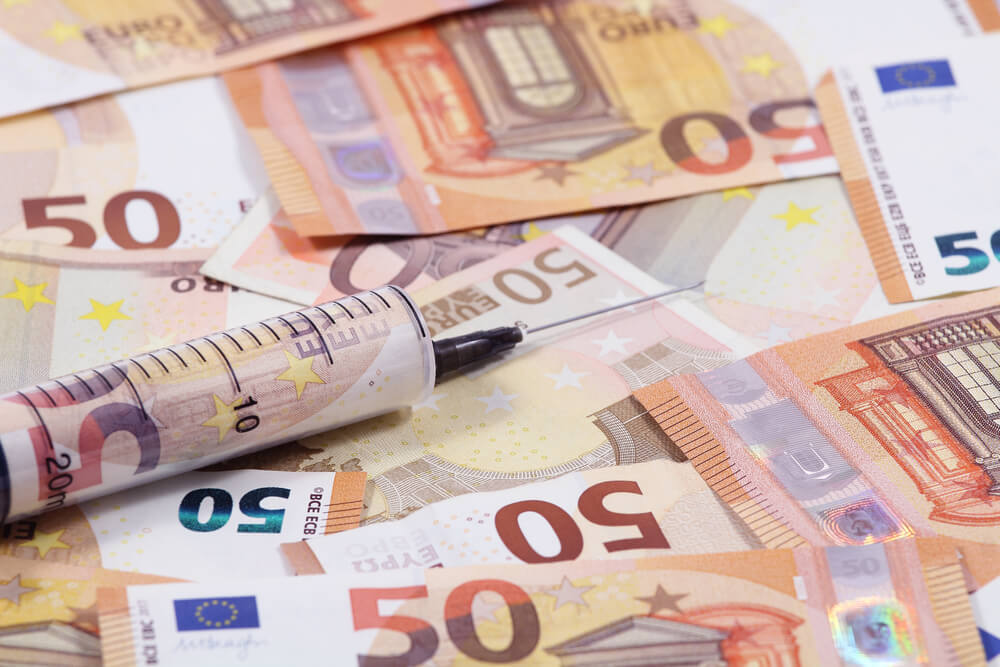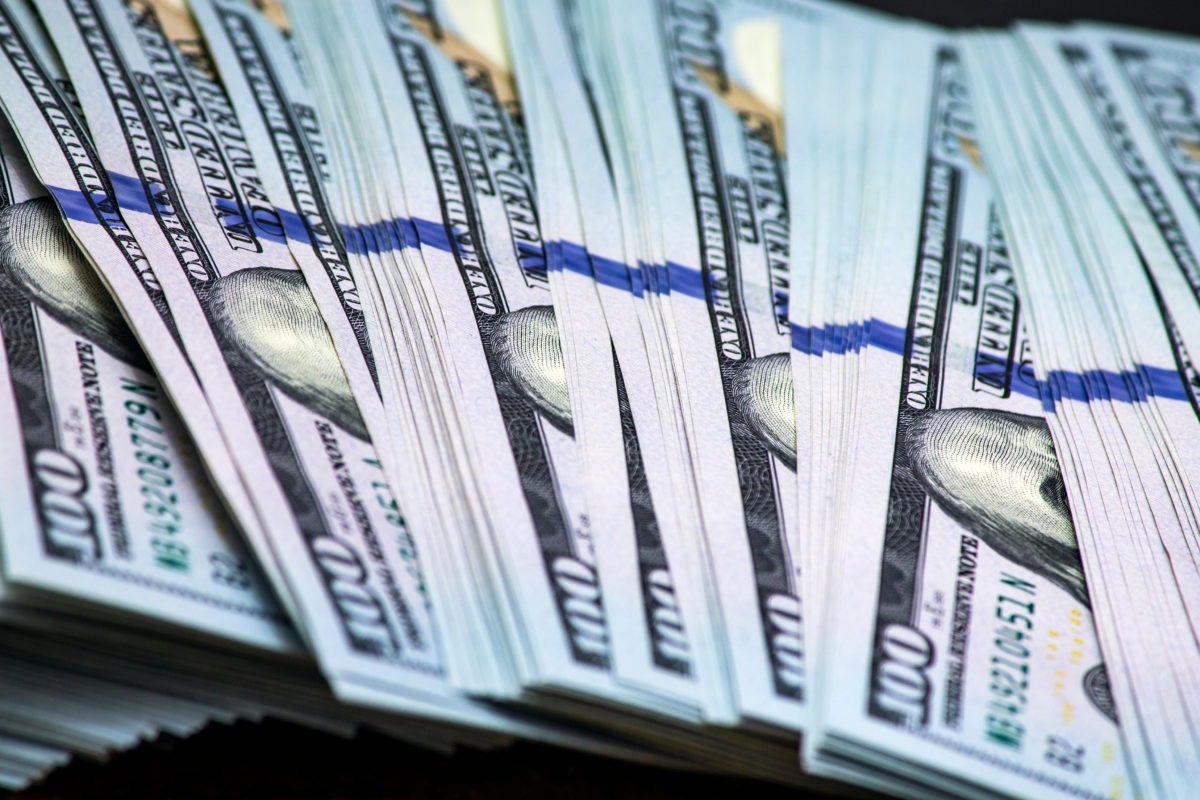In early European trade on Monday, the U.S. dollar hit a fresh two-decade high, while the euro fell to its lowest point since 2002 as a result of Russia cutting off the flow of gas to Europe, which stoked concerns about an impending energy crisis as winter approaches.
The Dollar Index, which compares the value of the dollar to a basket of six other currencies, rose 0.5% to 110.020 at 03:20 ET (07:20 GMT) after reaching a high of 110.255, the highest level in 20 years. Demand for the dollar has increased recently due to anticipation that the Federal Reserve would keep up its aggressive monetary tightening, particularly in light of Friday’s announcement of the better-than-anticipated nonfarm payroll statistics.
In the futures market, there is a greater than 50% possibility that the Fed will increase interest rates by 75 basis points in September. However, the fundamental factor behind today’s movements has been the euro’s decline, which accounts for more than 50% of the dollar index’s value.
Russian Control Over Energy Markets
Immediately following the end of Friday’s natural gas trade in Europe and hours after the G-7 finance ministers had decided that a price ceiling on Russian oil exports was necessary, Russia’s energy behemoth Gazprom announced preparations to shut down the Nord Stream pipeline to Germany.
Given that the inflation rate in the Eurozone is swiftly nearing double digits and the policymakers are concerned about high prices becoming permanently entrenched, it is largely assumed that the European Central Bank will hike interest rates when it meets later this week. However, a sizable increase looks to be completely priced into the euro, and it is questionable how far the central bank can tighten its monetary policy if an oil crisis significantly slows down regional economic development.
GBP/USD dropped 0.3% to 1.1474 as a result of higher energy prices. In addition, it is generally believed that Liz Truss, the current foreign secretary, will be named the new prime minister later on Monday.















